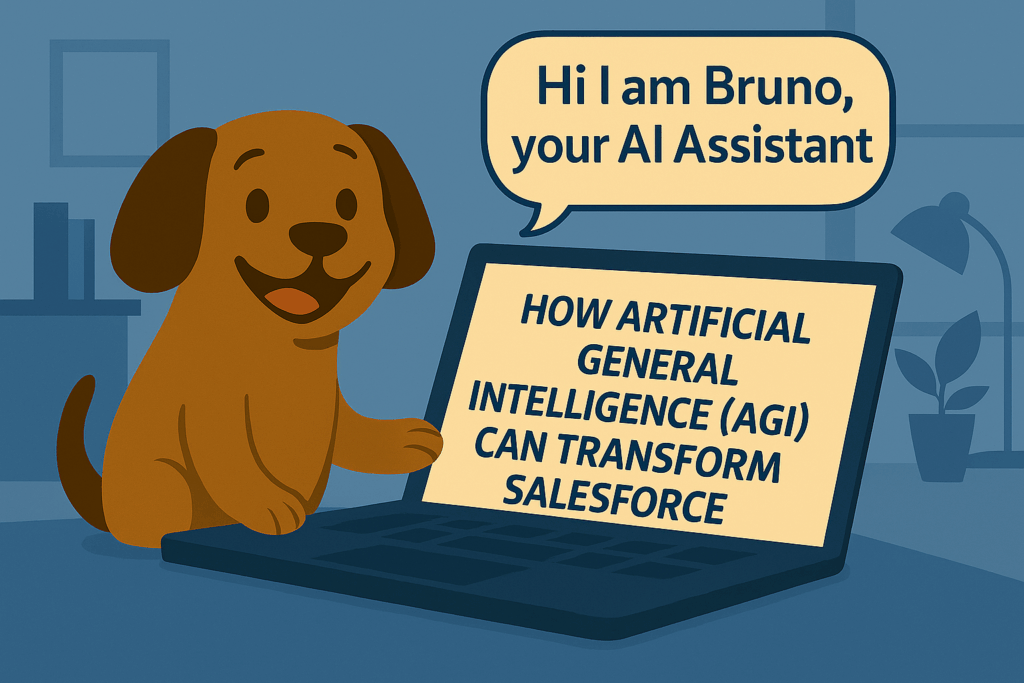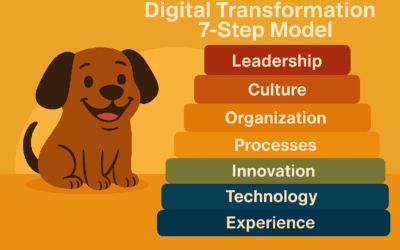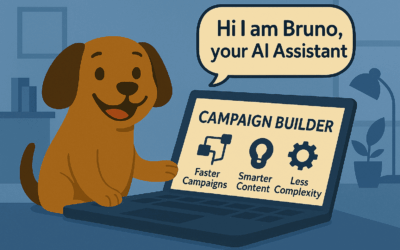How Artificial General Intelligence (AGI) Can Transform Salesforce: 12 Powerful Use Cases
In today’s fast-paced business landscape, staying ahead of the competition requires cutting-edge technology and innovative solutions. Salesforce, a leading customer relationship management (CRM) platform, has long been at the forefront of empowering businesses to manage their customer interactions effectively. However, the integration of Artificial General Intelligence (AGI) can take Salesforce to new heights, making it even more intelligent and responsive. In this blog post, we’ll explore 12 potential use cases where AGI can revolutionize Salesforce.
1. Advanced Predictive Analytics
AGI can supercharge Salesforce’s predictive analytics capabilities. By analyzing massive datasets, AGI algorithms can predict customer behavior and trends with unprecedented accuracy. This empowers businesses to make data-driven decisions, fine-tune their marketing and sales strategies, and stay ahead of market shifts.
2. Dynamic Lead Scoring
Imagine if your lead scoring system could adapt in real-time. AGI can make this a reality. By continuously analyzing data, AGI-driven models can dynamically adjust lead scores, ensuring that sales teams focus on the most promising opportunities at any given moment. This leads to more efficient sales processes and higher conversion rates.
3. Automated Customer Support
AGI-powered chatbots and virtual assistants can provide exceptional customer support within Salesforce. These AI-driven systems can understand natural language queries, swiftly resolve customer issues, and enhance overall customer satisfaction. With AGI, customer support becomes more efficient and available 24/7.
4. Sales Process Optimization
AGI can analyze historical sales data and customer interactions to optimize the sales process. It can provide personalized sales strategies for each customer, increasing the likelihood of closing deals and upselling. With AGI’s insights, sales teams can refine their approaches and improve their sales performance.
5. Data Enrichment
AGI can automatically enrich customer profiles in Salesforce by gathering information from the web. This includes news articles, social media updates, and other data sources. Sales and support teams benefit from up-to-date insights into each customer, allowing for more personalized interactions.
6. Email Automation and Personalization
AGI-powered email marketing automation takes personalization to the next level. By analyzing recipient behavior and preferences, AGI can send highly personalized and timely email campaigns through Salesforce. This leads to higher engagement, increased conversion rates, and more effective communication with customers.
7. Natural Language Processing for CRM Notes
Salesforce users often enter unstructured text data in notes and comments. AGI can analyze this data, extracting valuable insights and sentiment analysis. This helps organizations better understand customer sentiment and needs, enabling more tailored interactions.
8. Sales Forecasting and Inventory Management
AGI can enhance sales forecasting accuracy by considering external factors like economic indicators and market trends. It can also optimize inventory management by predicting demand fluctuations with greater precision. This results in improved resource allocation and cost savings.
9. Customer Churn Prediction
Early detection of customer dissatisfaction is crucial. AGI can identify signs of customer churn risk and trigger automated workflows within Salesforce to address these issues proactively. This reduces customer attrition and preserves valuable customer relationships.
10. Voice Recognition for CRM Interaction
Integrating AGI-powered voice recognition into Salesforce simplifies data entry and interaction for users. Sales and support teams can update records, set tasks, and retrieve information using voice commands. This streamlines processes and boosts efficiency.
11. Customized Marketing Content
AGI can analyze customer preferences and behaviors to create highly customized marketing content and recommendations. This level of personalization leads to improved engagement and conversion rates in Salesforce-based marketing campaigns.
12. Security and Compliance
Data security and compliance are paramount concerns. AGI can continuously monitor user activities, identifying suspicious behavior patterns within Salesforce. It can also assist with regulatory compliance by automating data audits and reporting, ensuring that sensitive information is handled responsibly.
In conclusion, the integration of AGI into Salesforce opens up a world of possibilities for businesses seeking to enhance their CRM capabilities. These 12 use cases illustrate how AGI can make Salesforce more intelligent, efficient, and responsive to customer needs. However, it’s crucial to approach AGI implementation with a focus on ethical and privacy concerns to ensure responsible and secure utilization of these advanced AI technologies. By embracing AGI, businesses can stay at the forefront of customer relationship management and gain a competitive edge in today’s dynamic marketplace.



